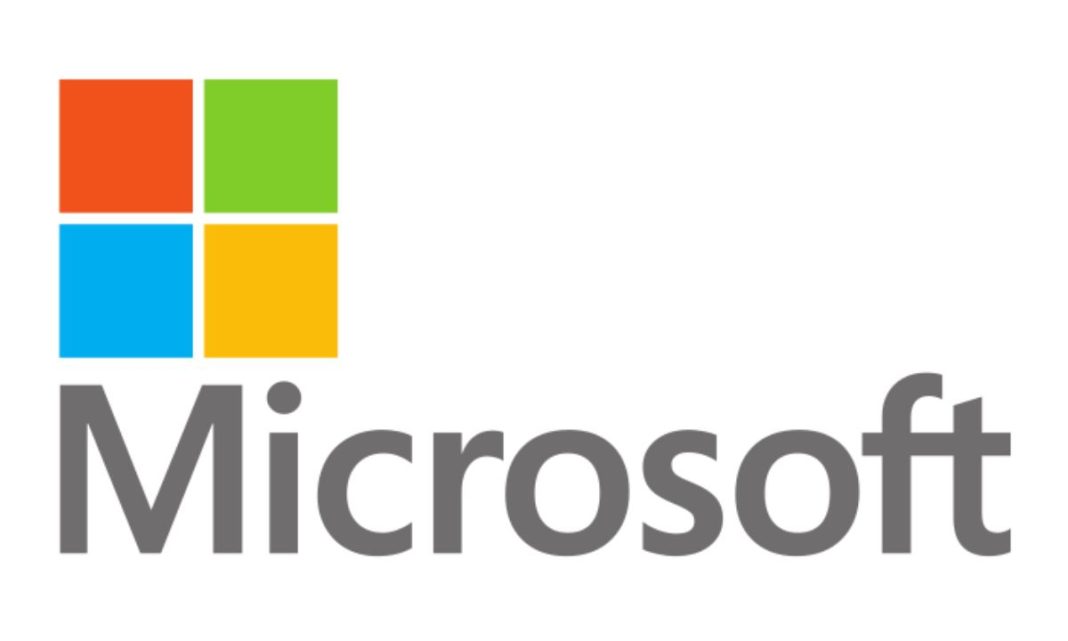Chinese state-backed hackers have infiltrated critical systems worldwide, including a key U.S. government agency responsible for nuclear weapons, according to a Tuesday report from Bloomberg News. Exploiting weaknesses in Microsoft’s software, these cyberattacks have sparked urgent concerns about America’s cybersecurity defenses.
Microsoft disclosed on Tuesday that hacking groups, identified as Linen Typhoon, Violet Typhoon, and Storm-2603, and believed to be supported by the Chinese government, targeted vulnerabilities in its SharePoint document-sharing platform. This allowed unauthorized access to internal files and systems. Although Microsoft has since addressed these security flaws, experts confirmed that over 100 servers linked to roughly 60 organizations, including the U.S. National Nuclear Security Administration (NNSA), were compromised, per Bloomberg News.
The NNSA, a semi-independent entity under the Department of Energy, oversees the nation’s nuclear stockpile, provides nuclear reactors for the U.S. Navy, and counters nuclear terrorism and proliferation. A source familiar with the breach indicated that multiple Department of Energy systems were affected, though no classified or sensitive data is believed to have been stolen, according to Bloomberg News.
Other impacted U.S. institutions include the Department of Education, Florida’s Department of Revenue, and the Rhode Island General Assembly. Globally, up to 10,000 organizations may be vulnerable, warned Silas Cutler, a cybersecurity researcher at Censys in Michigan, as reported by Bloomberg News. “It’s a dream for ransomware operators, and a lot of attackers are going to be working this weekend as well,” Cutler told Bloomberg News.
Chinese officials have rejected claims of government involvement, calling them “smears.” However, a February 2024 report from the Office of the Director of National Intelligence named China as the top cybersecurity threat to the U.S., targeting both government and private sectors. In 2023, Chinese hackers breached the email systems of the U.S. Commerce and State Departments, including the U.S. ambassador to China.
Reports from 2023 also revealed that Chinese cybercriminals have the capability to disrupt major U.S. infrastructure, such as power grids and key ports, according to then-National Security Adviser Jake Sullivan, who briefed former President Joe Biden, as noted by The Wall Street Journal.
A recent ProPublica investigation uncovered that for over a decade, Microsoft employed American “digital escorts” — low-wage workers with security clearances but limited technical skills — to execute commands from China-based engineers on U.S. Department of Defense networks. Following concerns from national security experts, Microsoft announced on July 18 that it would discontinue this practice to prevent potential access to sensitive government data.
Growing Concerns Over Chinese Communist Party’s Interference in American Affairs
The Chinese Communist Party’s (CCP) aggressive cyberattacks, like those targeting Microsoft’s software, are a wake-up call for Americans who value sovereignty and security. The CCP’s relentless efforts to infiltrate U.S. government agencies, critical infrastructure, and private enterprises reveal a deliberate strategy to undermine the nation. From the NNSA to local state agencies, no system seems safe from Beijing’s prying eyes, and the Biden administration’s response has been predictably weak, leaving patriots frustrated and demanding action.
With up to 10,000 organizations worldwide at risk, the CCP’s hackers are exploiting America’s reliance on tech giants like Microsoft, whose vulnerabilities have become a gateway for foreign adversaries. The fact that the NNSA, which safeguards our nuclear arsenal, was breached should send chills down every American’s spine. This isn’t just about data theft—it’s about the CCP positioning itself to cripple our defenses and infrastructure at will.
Research confirms a pattern of CCP aggression. A 2024 report from the Center for Strategic and International Studies (CSIS) highlighted China’s role in over 50% of significant cyberattacks on U.S. entities since 2020, targeting sectors from healthcare to defense. The CCP’s Volt Typhoon group, for instance, was linked to attacks on U.S. critical infrastructure, including water systems and energy grids, with the potential to disrupt services during a conflict, according to a 2023 FBI alert. This isn’t hypothetical—China’s hackers are laying the groundwork for chaos.
Washington, D.C., is buzzing with concern, but the establishment’s response lacks urgency. Lawmakers on the right, like Senator Tom Cotton, have called for sanctions and a robust cyber defense strategy, but face resistance from globalist elites who prioritize trade with China over national security. A 2025 Heritage Foundation report warns that the CCP’s cyber capabilities could paralyze U.S. military logistics in a Taiwan conflict, yet the Biden administration continues to downplay the threat, leaving Americans vulnerable.
The American people are fed up. Polls from Rasmussen Reports in 2024 show 68% of voters view China as the greatest threat to U.S. sovereignty, with 73% demanding stronger action against CCP cyberattacks. From rural heartlands to urban centers, citizens are calling for a government that puts America first, not one that allows foreign powers to exploit our systems. The Microsoft breach, coupled with the “digital escorts” scandal, exposes how corporate greed and lax oversight have handed the CCP the keys to our security.
Time is running out. The CCP’s cyberattacks are not isolated incidents but part of a real campaign to dominate global influence and weaken America. From stealing intellectual property to targeting our nuclear agencies, Beijing’s ambitions threaten our way of life.
What do you think about these hacks that are allegedly connected to the Chinese Communist government? Let us know your thoughts in the comments below.

